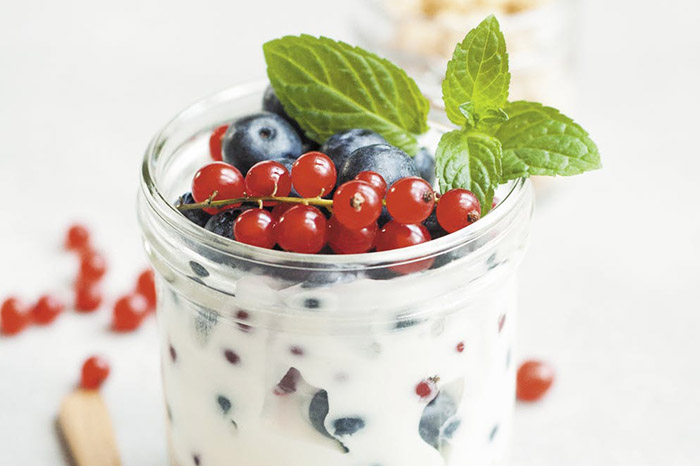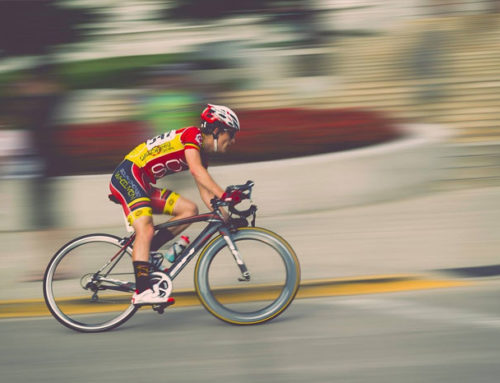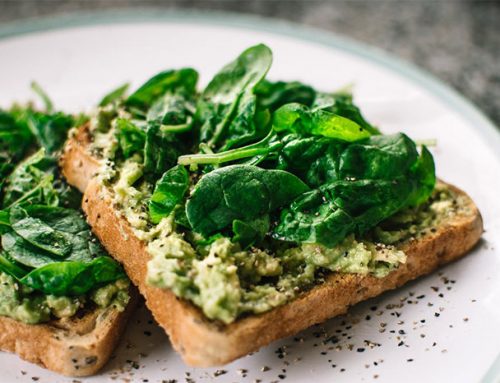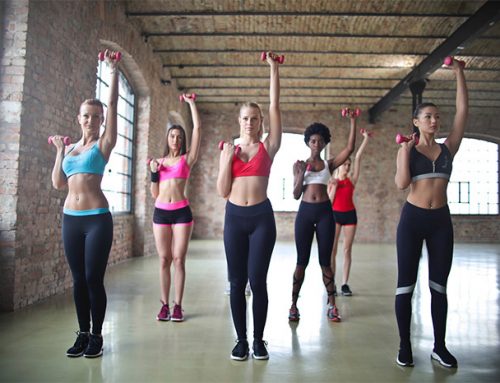I recently attended the Sports Dietitians Australia Conference in Melbourne (19/10/13). What a fantastic conference, I left feeling inspired and excited to put into practice what I have learnt and help our clients achieve their sporting goals.
Over the upcoming weeks I will write posts about some of the key points I came away with.
I was very excited to hear Asker Jeukendrup speak, one of the world’s leading sports nutrition experts and International researcher on carbohydrate requirements during exercise.
Summary of the revised carbohydrate guidelines during exercise:
Duration of Exercise | Recommended Amount of Carbohydrate to ingest during exercise | Type of carbohydrate |
| <30mins | no carbohydrate required. I.e. drink water | |
| 30-75mins | very small amount of carbohydrate such as simply rinsing your mouth with a sports drink (and spitting it out) shown to improve performance, with no further performance benefit from actually ingesting carbohydrate | Glucose e.g. sports drink mouth rinse |
| 1-2hrs | Small intake of carbohydrate 30g/hr | Glucose |
| 2-3hrs | 60g/hr | Glucose |
| >2.5hrs | 90g/hr | Glucose:Fructose 2:1 ratio |
Sounds familiar? So what’s new in these guidelines: recent research shows us that simply mouth rinsing with carbohydrate can improve performance in short-medium duration exercise. While during long duration exercise (>2.5hrs) the recommendations for carbohydrate have actually increased to 90g/hr, which needs to be via both glucose and fructose due to saturation of glucose transport pathways.
So how can you apply this information to your training or competition? It’s never as straight forward as it looks on paper, actually individual carbohydrate requirements will depend on training goals, individual factors such as food tolerance, environmental conditions of training/competing, how well trained the athlete is etc.
For individualised nutrition advice and a tailored training or competition meal plan, an Accredited Sports Dietitian can help you.






